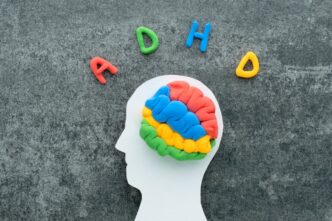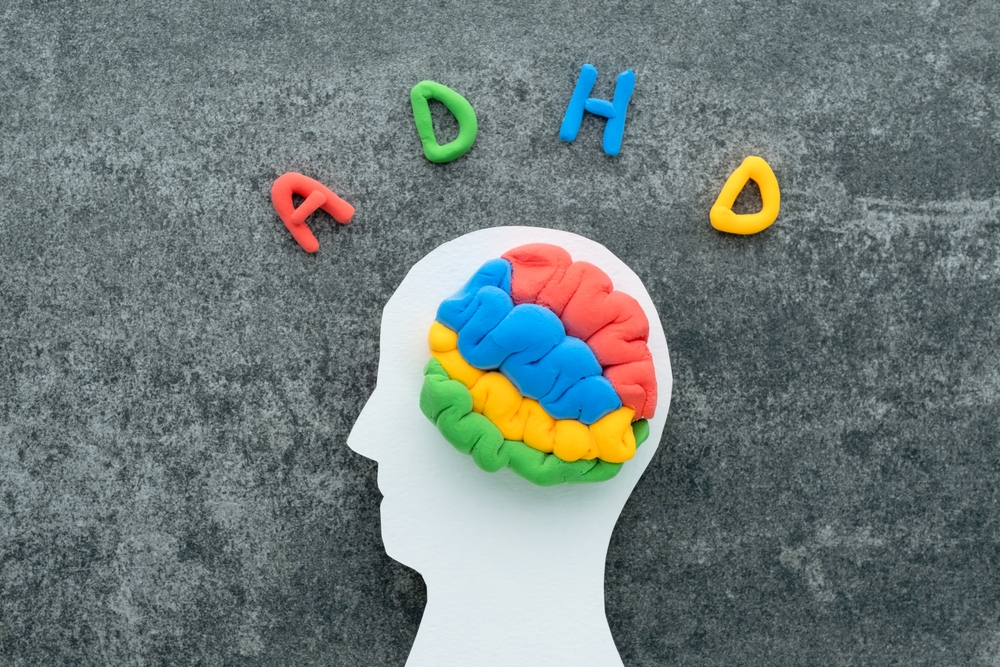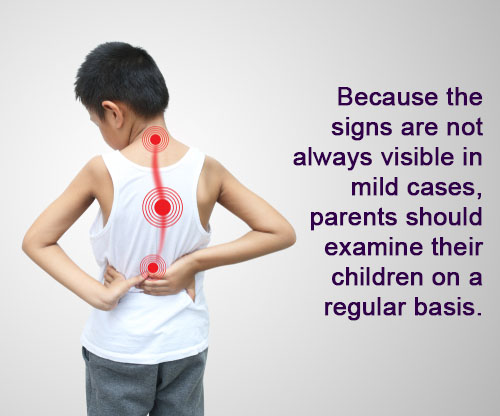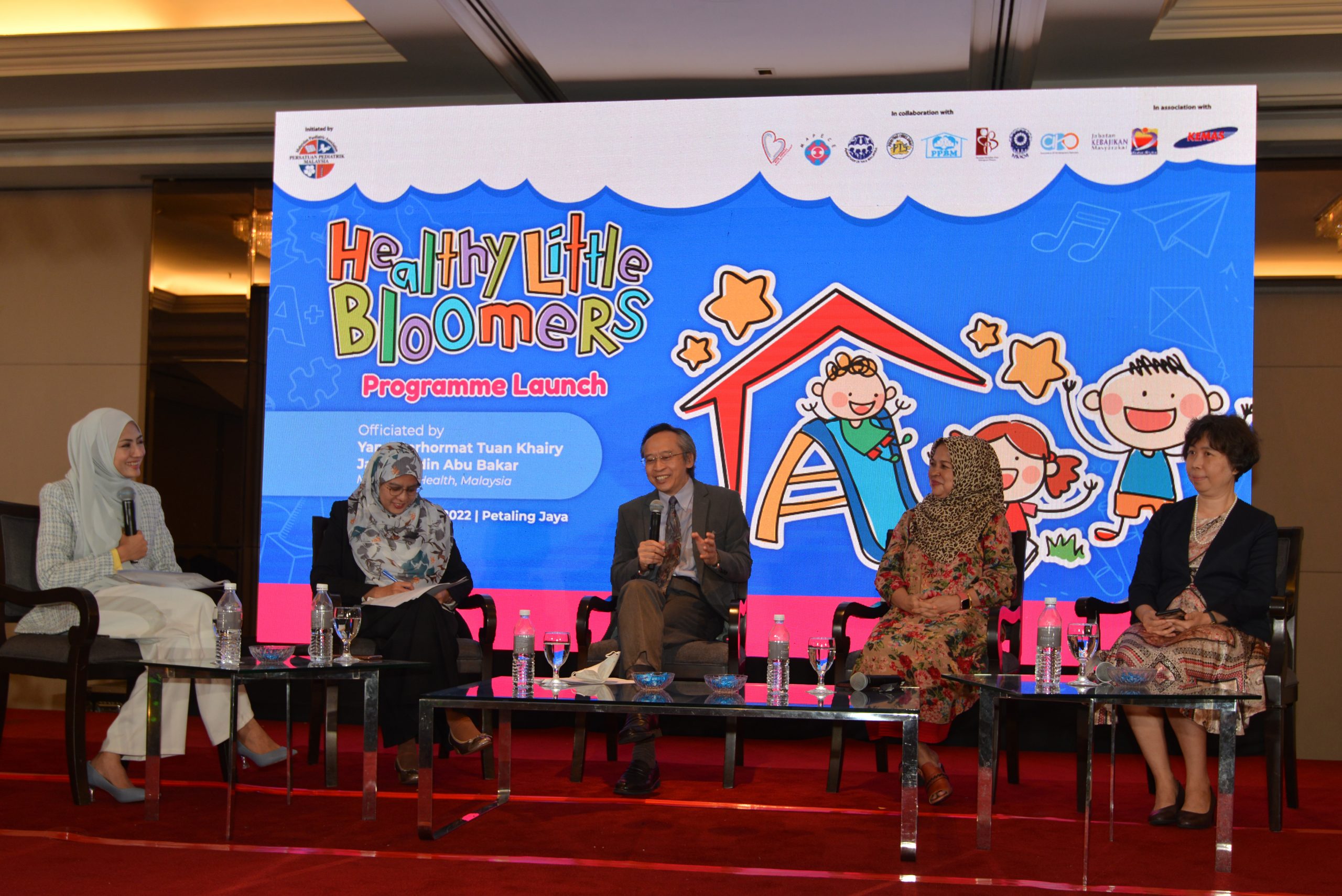“My child is so naughty and uncontrollable!”
“He can’t study!”
“She’s so lazy!”
While the once-off outbursts are indicative of children being children, when these observations start to form a pattern, they can be signs of something larger lying beneath.
WORDS LIM TECK CHOON
 FEATURED EXPERT FEATURED EXPERTDR SERENA IN Consultant Clinical Psychologist and Senior Lecturer Department of Psychology and Counselling School of Psychology and Social Sciences IMU University |
Joe is 8.
- He constantly feels the need to fidget and jump up during class, in a movie, as he eats his meals, or tries to read a book.
- He tries to wait his turn but can’t stop himself from blurting out answers during lessons and interrupting his friends.
- No matter how hard he tries he can’t remember where he left his favourite dinosaur toy, or his pencil, or his schoolbag, or his half-eaten sausage bun.
He’s been told over and over again that he’s so naughty and frustrating. They keep telling him he’s not trying hard enough.
But he does. He struggles every day to be like his friends but every day he seems to fail.
Joe is a typical case of a child with attention deficit/hyperactivity disorder (ADHD).
While symptoms and specific challenges of ADHD may vary from one person to the next, the helplessness and the feeling of being misunderstood are a shared struggle for those diagnosed with the disorder.
UNDERSTANDING ADHD
Dr Serena shares that:
- ADHD is a neuro-developmental disorder that starts in early childhood. It affects how our brain develops and processes things.
- It is not a behavioural problem.
There Are Three Types of ADHD
- Predominantly hyperactive-impulsive type
- Predominantly inattentive type
- A combination of both
Hyperactive-impulsive types
- Have difficulty staying on a task, are always on the go, and are fidgety.
- They can’t sit still through a class lesson, or even a movie.
- They may also display a lack of self-control.
- For example, a typical child would be able to learn behaviours such as lining up and taking turns, but a hyperactive-impulsive type will find it very difficult to do so.
Inattentive types
- Tend to forget things or lose things.
- Are easily distracted and find it difficult to concentrate.
- For example, they may frequently forget their homework or appointments that they have made. They don’t seem to be listening well and lose interest, appear bored or seem like they are daydreaming.
Whichever type of ADHD a child has, they are still often dismissed as children with behavioural and discipline issues.
Unfortunately, they can go through their lives labelled as being rude, uncontrollable and naughty.
What Causes ADHD?
Genetics
- According to Dr Serena, children have a higher chance of developing ADHD if it runs in the family.
- When it comes to identical twins, if one twin has it, it is very likely the other has it too.
Environment
- For example, toxins that one was exposed to as a child.
Maternal prenatal factors
- For example, certain medications consumed by a pregnant mother can expose the foetus to potential hazards.
Screen time
- According to Dr Serena, parents should delay exposing their children to screen time for as long as possible.
- The increasing speed of movies, constant advertisements, and notifications can be very overwhelming and over-stimulating, especially for young children whose brains are still developing.
- As a result, this can increase addictive behaviours and shorten attention spans in these children.
Excessive screen time also means:
- Less exercise
- Less quality sleep
- Less time for homework
“All these ultimately affect a child’s ability to be at their best,” says Dr Serena adding that more longitudinal studies need to be done to really understand the impact of over-using devices.
|
DIAGNOSING A CHILD WITH ADHD
Observation
- Parents and caregivers can observe the child in multiple settings, such as from home to school, at the babysitter’s, during recreational activities and so on.
- Observations need to be done by more than one person and in different settings.
- “When you see a pattern in the child’s behaviours across multiple settings, then there could be cause for concern,” Dr Serena says.
| According to Dr Serena, many parents that bring their children for assessment have asked to do so by these children’s teachers. |
Where to Get a Diagnosis?
In Malaysia, there is no standard diagnosis procedure. However, the person most qualified to conduct a diagnosis is often a clinical psychologist.
- Comprehensive assessment will take at least of 3 sessions.
- During the sessions, a clinical psychologist will use a combination of assessment tools, behaviour observations, cognitive assessments as well as other adaptive functioning screening to rule out other disorders.
- Through a thorough assessment, the psychologist will also highlight the child’s strengths — for example memory abilities, creativity, or the ability to hyperfocus on areas of interest.
HOW A CHILD’S ADHD CAN BE MANAGED
Once a diagnosis of ADHD is made, the psychologist will work closely with the child’s parents to provide specific and practical recommendations, as well as a treatment plan that is tailored to suit the child’s temperament, personality, and severity of ADHD.
- A treatment plan could rely on therapy, medications, or a combination of both.
- If medications are necessary, the child will be referred to a psychiatrist for the necessary prescription.
Therapy
- Essential to address ADHD-related issues such as depression or anxiety.
- Often involves teaching coping mechanisms, such as how a child can express their emotion constructively and to stay focused with timers and reminders.
Beyond the Therapy Room
- Doctors can provide reference letters to advocate for the child’s needs and accommodations in school, such as giving the child a little more time to complete their exams, letting them sit in a place where they can get up and move about without disrupting class, or playing with fidget toys in class.
- “We need to learn to manage and support these children effectively instead of just scolding or disciplining every time,” says Dr Serena.
At Home
- Parents can set up routines and habits such as structured mealtimes.
- Ensure that the house is clean, neat and orderly.
“These are little routines and structures that help everyone, but they are especially beneficial for individuals with ADHD,” Dr Serena says.
| This article is part of our series on how parents can support and optimize their child’s growth and development. |








